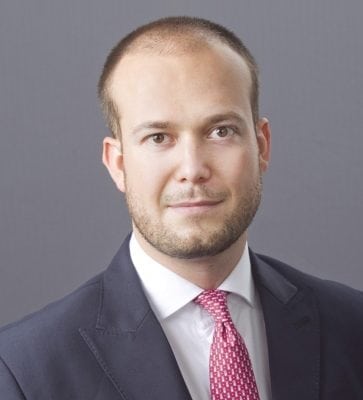Deep Insights for Turbulent Times
In their search for new knowledge, Haas School professors go far beyond merely describing a management or business problem and its resolution. As members of a premier research university, Haas scholars seek deeper answers to why things happen the way they do. They develop theoretical explanations to understand and predict future occurrences. These are among the tools that eventually help executives navigate confidently through even the most turbulent, changing times. Several Haas professors were key voices predicting and analyzing the recent economic turbulence.
- Professor Nancy Wallace’s research served as an early warning, determining that Wall Street banks and bond-rating agencies were underestimating the risk of many new mortgage- and asset-backed securities.
- Ken Rosen has also been a key voice in the analysis of the real estate meltdown.
A Roster of Leaders
In addition to frequently contributing to top industry journals and periodicals, faculty members are authors of widely used textbooks in marketing, economics, and management. Haas faculty members also continue to garner academic and industry recognition as leaders in their fields.
- Severin Borenstein is a nearly constant presence in the national media explaining the ups and downs of the nation’s energy markets.
- Michael Katz is a leading thinker and strategist in telecommunications policy.
- Teck Ho is utilizing behavioral and experimental economics to make advances in understanding strategic decision-making.
- David Teece is a widely sought expert in the field of innovation and knowledge management.
- Hayne Leland and Mark Rubinstein are among the world’s most knowledgeable securities experts.
- Jennifer Chatman is a top authority on organizational culture and post-merger integration.
- Finance Professor Hayne Leland won the first-ever Stephen A. Ross Prize in 2008 from the Foundation for the Advancement of Research in Financial Economics (FARFE) for his research in corporate debt pricing and capital structure. His 1994 Journal of Finance paper, “Corporate Debt Value, Bond Covenants, and Optimal Capital Structure” analyzed how firms determine the optimal mix of debt and equity to acquire funding at the lowest cost.
- Henry Chesbrough was honored as one of the top 50 authors in the field of technology and innovation management by the International Associate of Management of Technology.
- Barry Staw and David Vogel were both recognized by the Academy of Management, Staw with the 2008 Lifetime Achievement Award for his contribution to the field of organizational behavior, and Vogel with the Social Issues in management Division Best Book Award 2008 for his book The Market for Virtue: The Potential and Limits of Corporate Social Responsibility.
Learn more about the Haas faculty
